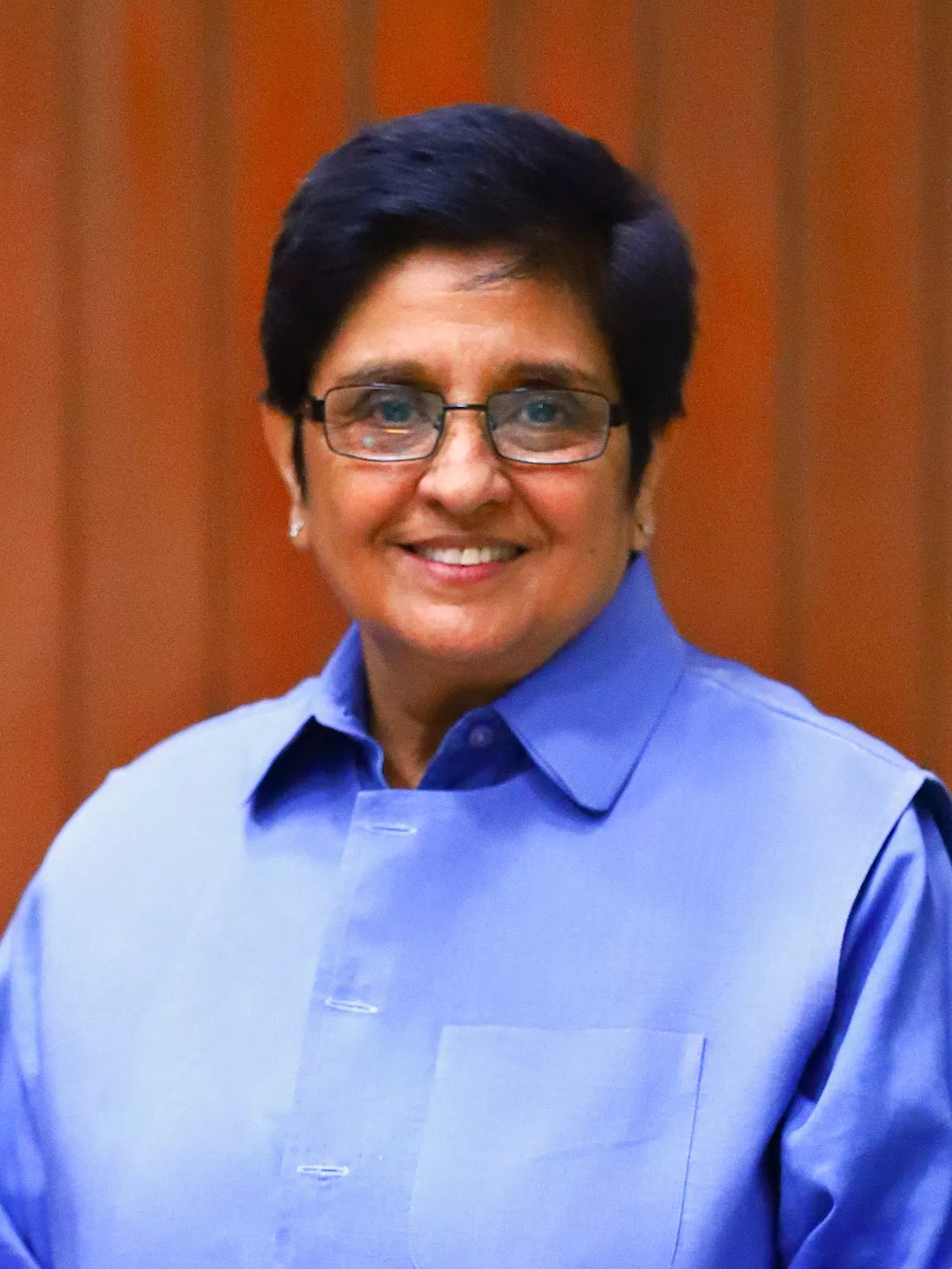 1.
1. Kiran Bedi was born on 9 June 1949 and is a former tennis player who became the first woman in India to join the officer ranks of the Indian Police Service in 1972 and was the 24th Lieutenant Governor of Puducherry from 28 May 2016 to 16 February 2021.